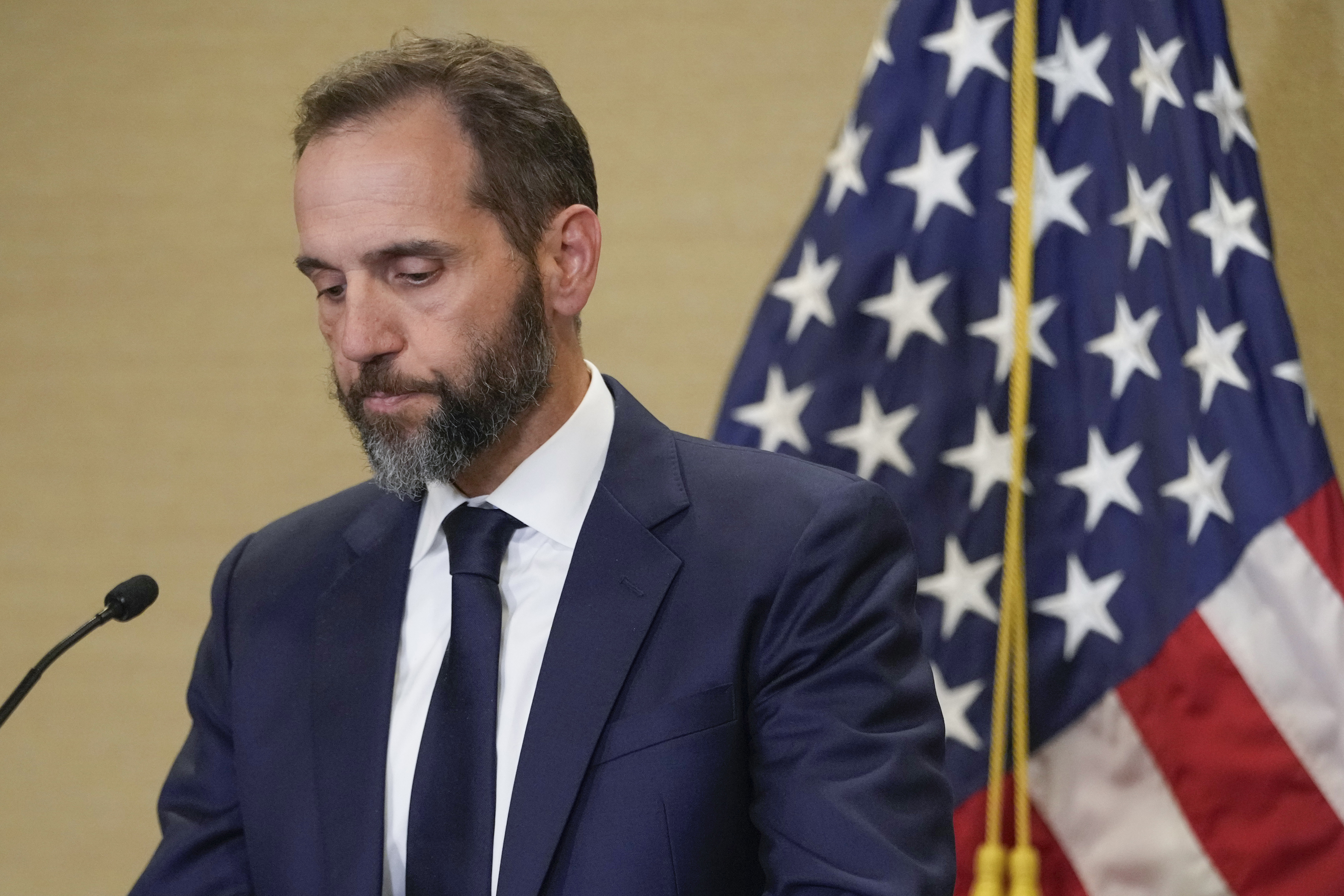NEW YORK — Following his conviction concerning hush money payments in New York, President-elect Donald Trump will avoid jail time, fines, or community service. A judge wrapped up the case on Friday, issuing an unconditional discharge, which means Trump will not face any penalties.
Nevertheless, if the conviction for falsifying business records is not overturned in the future, he will still have felonies on his criminal record, which may affect certain rights.
Let’s explore what this means for Trump, the possible ramifications, and aspects that will remain unchanged:
Can he still vote?
Trump, who is registered in Florida, still has the right to vote in that state. In Florida, voting rights are usually restored automatically after completing a sentence for felony convictions, except for those convicted of murder or sexual offenses, who lose their voting rights indefinitely unless restored by a clemency board.
Read More: Trump Won’t Rule Out Military Action in Greenland, Panama in Fiery Press Conference
For felons from other states, like Trump, Florida only disqualifies them from voting if they have lost their rights in the state of conviction. In New York, voting rights are reinstated once individuals complete their incarceration.
Is he allowed to own firearms?
No, Trump cannot possess a firearm. Under federal law, individuals with felony convictions are prohibited from owning guns.
Is he required to provide a DNA sample?
Yes, according to New York law, anyone convicted of a felony must submit a DNA sample for the state’s crime database. This sample is usually collected after sentencing when the defendant reports to probation, jail, or prison. Samples can also be collected through court or police procedures.
The collection method is non-invasive, involving just a simple cheek swab. The state police then analyze the sample to create a profile that is added to the databank.
This databank, which includes over 720,000 offender profiles, connects with the FBI’s Combined DNA Index System, facilitating automated searches to match DNA from crime scenes with known offenders.
Can Trump still run for office?
There are no federal laws that prevent someone with a felony conviction from becoming president. However, state laws vary regarding eligibility for state and local offices; some may necessitate a pardon or expungement to qualify, while federal candidates face no such restrictions.
Can he travel internationally?
Yes, Trump is permitted to travel outside the U.S. As a president, he holds a diplomatic passport for official travel alongside a regular tourist passport. Generally, individuals on probation or sentenced to incarceration may face travel restrictions, but this does not apply to Trump.
However, some countries, including Canada, the United Kingdom, and Israel, might impose entry restrictions on individuals with felony convictions.
Will this impact his business opportunities?
Trump’s felony conviction could complicate his ability to obtain liquor licenses, although it doesn’t necessarily mean that his hotels and golf courses will stop serving alcohol.
For example, New Jersey law disallows anyone convicted of a crime involving moral turpitude from holding a liquor license, which could affect Trump’s three golf courses in the state.
Nevertheless, Trump’s organization claims that his properties are managed through corporate entities, and he does not serve as an officer or director of any entity holding liquor licenses.
Additionally, his conviction may hinder his chances of re-entering the casino industry, as obtaining gaming licenses is generally off-limits for those with felony records. Trump previously owned three casinos in Atlantic City but no longer has that stake.
Is a pardon a possibility?
Only the governor of New York can grant a pardon for this specific conviction. Since the case was decided in state court, it involves state law violations, making presidential pardons inapplicable.
It seems improbable that Gov. Kathy Hochul, a Democrat, would grant a pardon. When asked if she would consider it, she did not offer a direct response but stressed that the pardon process requires various components, including showing remorse.
Trump continues to assert his innocence, labeling the allegations against him as a “hoax” orchestrated by Democrats.
“No one will be treated any better, or any worse, by me when I make those life-altering decisions regarding petitions that come in throughout the year,” Hochul stated. “So, no one receives special favors, and no one is treated unfavorably.”



